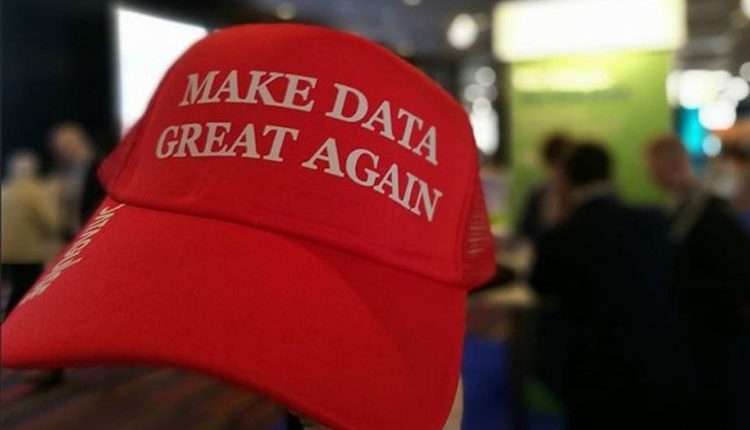Building A Data Engineering Department
Companies are digitizing and pushing all their operational functions and workflows into IT systems that benefit from so-called ‘big data’ analytics.
Using this approach, firms can start to analyze the massive firehose stream of data now being recorded by the Internet of Things (IoT) with its sensors and lasers designed to monitor physical equipment. They can also start to ingest and crunch through the data streams being produced in every corner of the what is now a software-driven data-driven business model.
All well and good, but who is going to do all this work? It looks like your company just had to establish a data engineering department.
Drinking from the data firehose
As a technologist, writer and speaker on software engineering, Aashu Virmani also holds the role of chief marketing officer at in-database analytics software company Fuzzy Logix (known for its DB Lytix product). Virmani claims that there’s gold in them thar data hills, if we know how to get at it. This is the point where firms start to realize that they need to invest in an ever larger army of data engineers and data scientists.
But who are these engineers and scientists? Are they engineers in the traditional sense with greasy spanners and overalls? Are they scientists in the traditional sense with bad hair and too many ballpoint pens in their jacket pockets? Not as such, obviously, because this is IT.
What the difference between a data scientist and a data engineer?
“First things first, let’s ensure we understand what the difference between a data scientist and a data engineer really is because, if we know this, then we know how best to direct them to drive value for the business. In the most simple of terms, data engineers worry about data infrastructure while data scientists are all about analysis,” explains Fuzzy Logix’s Virmani.
Boiling it down even more, one prototypes and the other deploys.
Is one role more important than the other? That’s a bit like asking whether a fork is more important than a knife. Both have their purposes and both can operate independently. But in truth, they really come into their own when used together.


Comments are closed, but trackbacks and pingbacks are open.